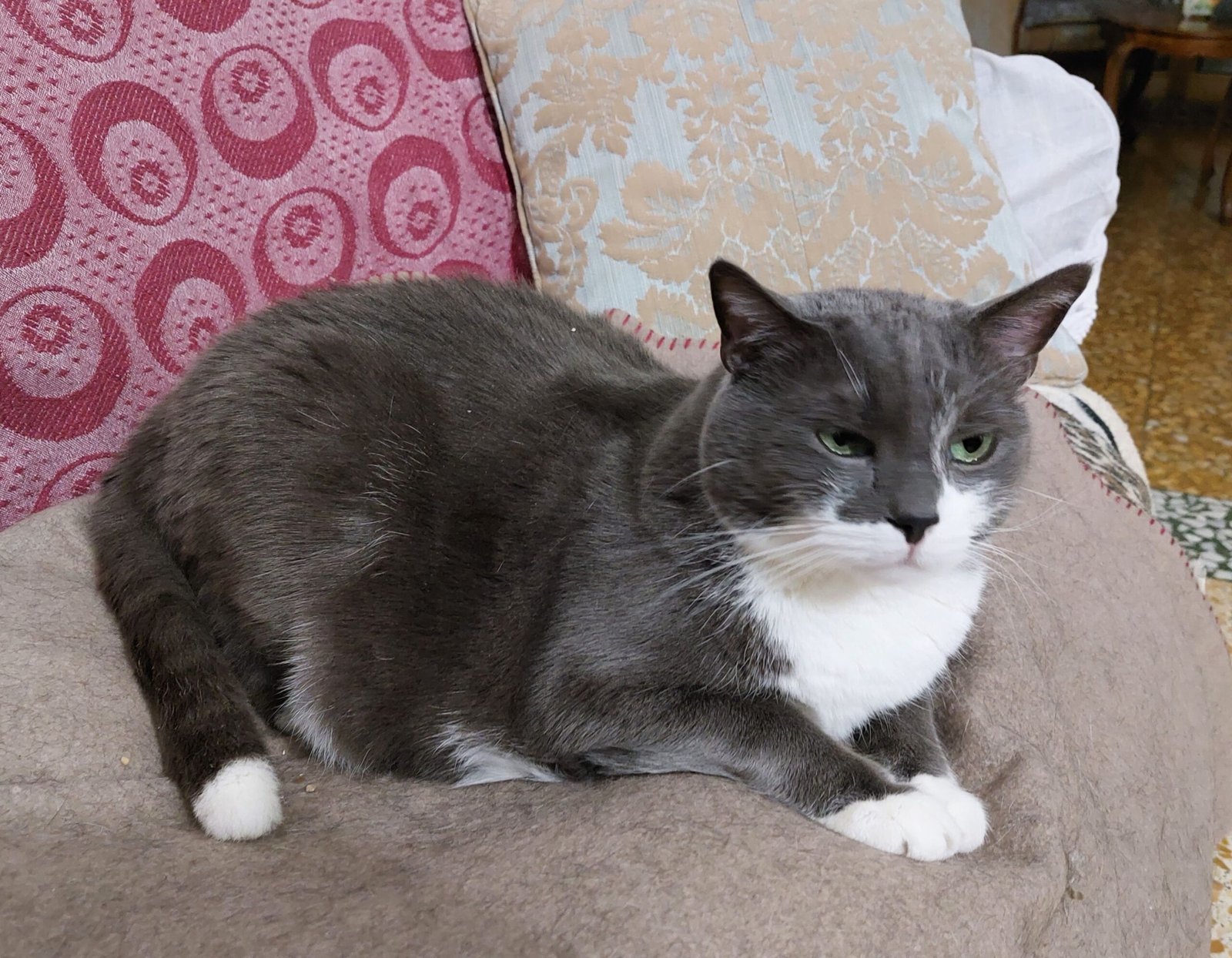Have you ever wondered why a cat’s gentle presence can calm even the busiest mind? It’s almost magical how these soft, whiskered creatures find a way into our hearts with hardly a sound. There’s a unique, almost mysterious peace that comes with having a cat curl up on your lap or silently follow you from room to room. For anyone who craves a friend who listens more than they speak, cats seem to effortlessly outshine their canine counterparts. If you’re searching for the ultimate quiet companion, it’s time to discover why cats truly win at the art of peaceful togetherness.
The Gentle Art of Feline Silence

Cats are masters of stillness, and their quiet ways set them apart from many other pets. Unlike dogs, who often bark at strangers, cars, or even their own reflections, cats tend to communicate in softer, subtler ways. A cat’s meow is usually reserved for special occasions—like asking for dinner or greeting their favorite human. Most of the time, cats express themselves through body language, such as a gentle nuzzle or slow blink. This silent communication makes them ideal for people who love peace and dislike a noisy household. Their padded paws let them move soundlessly, so even their play is a gentle rustle rather than a thundering chase. For those sensitive to noise, a cat’s quiet company is like a soothing background melody—always present, never overwhelming.
Low-Key Affection Without Demands

One of the most cherished qualities in cats is their ability to show love without demanding constant attention. Dogs, while endlessly loyal, often need frequent walks, play sessions, and reassurance. Cats, on the other hand, are content to simply be near you, whether you’re reading, working, or relaxing. They might hop onto your lap or settle nearby, offering warmth and companionship without interrupting your flow. This relaxed approach to affection allows cat owners to feel loved and appreciated, but never smothered. The balance cats provide is gentle, never overwhelming, making their companionship perfect for introverts or anyone who values personal space alongside affection.
Perfect for Small Spaces and Quiet Homes

Life in a small apartment or a quiet household can be disrupted by a dog’s boundless energy or barking. Cats, however, adapt seamlessly to cozy spaces and calm environments. They don’t need to run for miles or bark at every passing sound; instead, they find a sunny windowsill or a soft blanket to curl up on. This ability to exist peacefully in compact homes makes them perfect for city dwellers, students, or retirees who want a companion that won’t disturb the neighbors. Cats don’t need a backyard to be happy—they just need a safe spot and someone to love.
Stress Relief Through Gentle Presence

It’s surprising how a cat’s mere presence can ease anxiety and stress. Unlike dogs, who sometimes mirror our high energy or stress levels, cats seem to bring a wave of calm wherever they go. Sitting quietly with a purring cat can lower your heart rate and help you breathe more deeply. Studies often show that cat owners report feeling less stressed and more relaxed, as the sound of a cat’s purr is believed to have therapeutic effects. The gentle touch of their fur and their soft, rhythmic breathing are like a living meditation, making even the toughest days feel a little lighter.
Minimalist Needs and Easy Care

Caring for a cat is often simpler and less intrusive than caring for a dog. Cats are inherently independent—they groom themselves, use a litter box, and often entertain themselves for hours. While dogs may need multiple walks a day and lots of attention, cats are content with a few play sessions and some quiet company. Their minimalist needs mean they fit easily into busy lifestyles or those who may not have the energy for a higher-maintenance pet. This independence also means less disruption and noise, as cats won’t beg for walks or bark when you leave the house.
Emotional Support Without Overstimulation

Cats have a special knack for providing emotional support in a gentle, non-intrusive way. When you’re feeling down, a cat might hop onto your lap and quietly offer comfort, rather than trying to lick your face or jump all over you. Their calm demeanor helps soothe sadness or loneliness without adding to the emotional noise. It’s as if cats intuitively know when you need quiet support, providing presence rather than pressure. For many, this subtle form of companionship feels more healing than the energetic, sometimes overwhelming love that dogs give.
The Unspoken Bond: A Connection Beyond Words

There’s something deeply moving about the silent understanding between a cat and their person. This bond doesn’t rely on commands or tricks—it’s built on trust, respect, and a shared love of quiet moments. Cats teach us to appreciate the beauty in silence and the depth of emotion that doesn’t always need to be spoken. This unspoken connection can be especially powerful for people who feel misunderstood or overwhelmed by noise in their lives. With a cat, you don’t have to say a word to feel heard and valued. It’s this profound, wordless companionship that often captures the hearts of cat lovers everywhere.

Growing up traveling and experiencing new cultures and wonders, I have had a passion for nature, adventuring, photography, and videography. I am currently working towards a BSc in Biodiversity and Ecology at Stellenbosch University, and I hope to specialise in Marine Sciences one day.
Please send any feedback to Feedback@animalsaroundtheglobe.com






